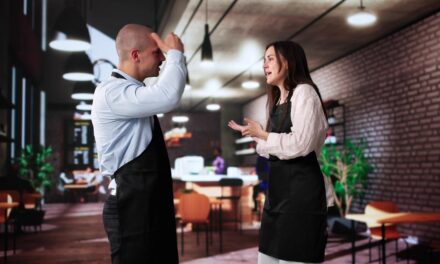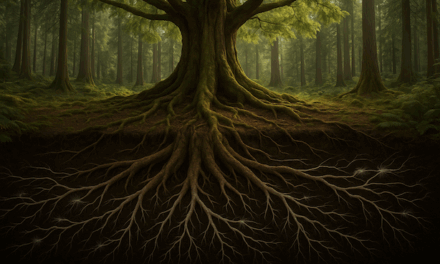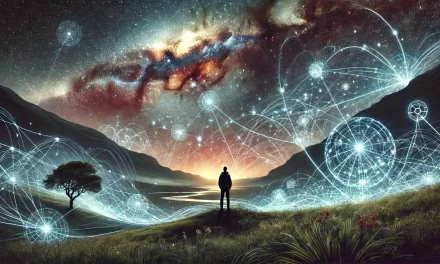Asking the right question.
In July, I wrote an article called “What’s Wrong with the World?” which was well received. More recently, I participated in an online discussion of a similar topic organised by the Scientific and Medical Network (SMN). Marilyn, who opened the conversation, asked, “What’s Wrong with us Humans? Are there just too many of us?”. She also asked us to investigate root causes, not simply deal with symptoms or propose cures.
But asking either of these questions is, in effect, smuggling in a personal value judgement. It assumes that there is a way that things “should be” that is different from how they are now. But surely, since we are a part of the cosmos rather than outside it, we should recognise that, as Football managers are fond of saying, “It is what it is”. We can then ask ourselves, “Just what is the current situation?”.
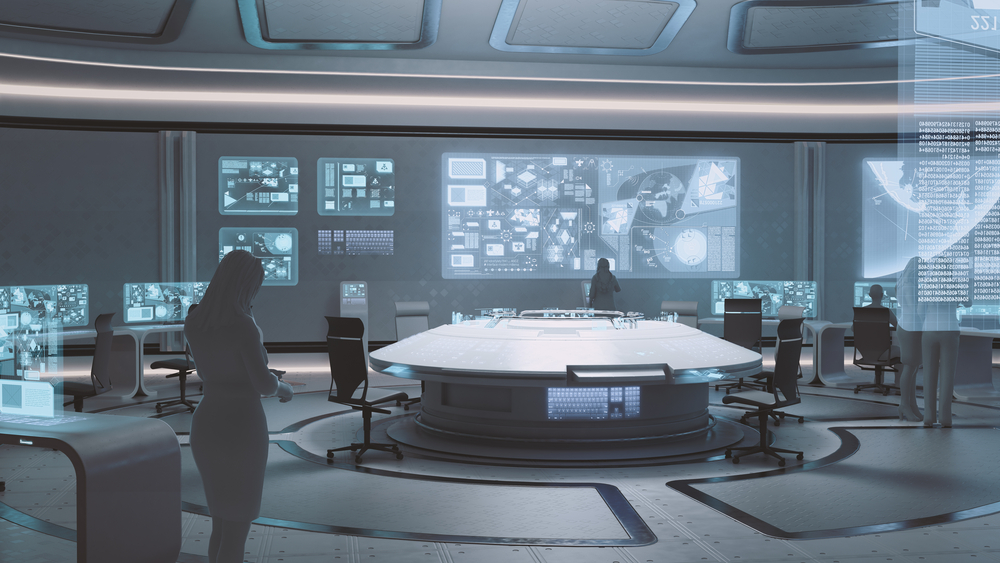
What is the situation?
Earlier this year, Colin, a friend, asked me whether we were dealing with SNAFU or FUBAR. The question evoked pictures of war rooms, with the head of state, military leaders and intelligence chiefs all watching an enormous display wall involving maps, video-camera inputs and flashing lights. The terms are US Military shorthand for describing the situation: SNAFU means “Situation Normal – All f***ked Up.”, and FUBAR means “F***ked Up – Beyond All Repair”.
After reading broadly and intensively whilst wrestling with those wrong questions, I feel ready to tentatively describe the situation this way: “Our species has thrived and now inhabits a substantial portion of the land mass on our home planet. As a consequence of the number of us and how we are behaving collectively, we are now destabilising many of the planetary systems and threatening the continued existence of thousands of species, possibly including ourselves.”
In a nutshell, there are too many of us, and we are behaving too badly for the good of ourselves, our neighbours and our home.
The situation has deteriorated rapidly in terms of cosmic time. If the whole history of our planet were condensed into a single 24-hour day, our species would have only appeared after 23½ hours. Even more startling, Christopher Columbus would have landed in America only 4 seconds before midnight. Yet we started to destabilise the earth’s fundamental systems only with the industrial revolution and to do severe damage in the past fifty to seventy years – a microsecond in planetary time.
In Colin’s terms, the situation is either FUBAR or heading for FUBAR more rapidly than we should feel comfortable about. In the course of our planet’s history, other events have destabilised the earth’s systems, and each time the earth has responded in a way that eliminates the destabilising influence.
This suggests that if we do not move quickly and decisively to do something about our numbers or collective behaviour, reality will take the solution out of our hands.
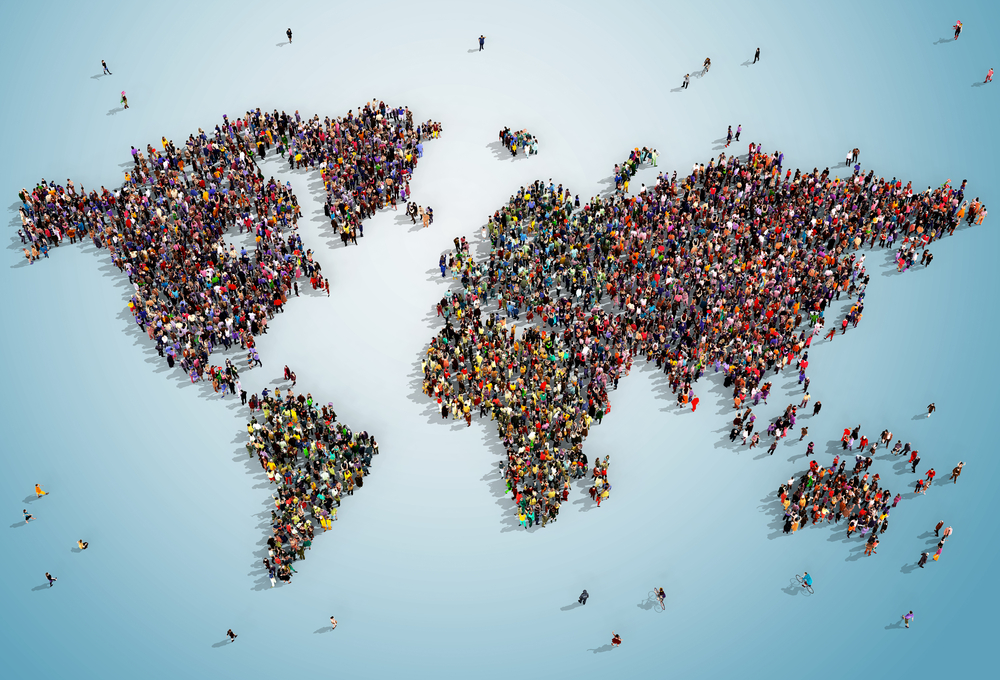
How has the situation arisen?
An excellent place to start looking is undoubtedly the appearance of the species causing the disruption – homo sapiens. And it is reasonable to assume that our human nature is responsible for both our collective success and the damage we are doing. The trouble is that we don’t share a collective understanding of our nature. Our self-aware consciousness has allowed us to create a cultural environment that is evolving faster than either biological evolution or the physical evolution from which it sprang.
But our fluid sense of identity and our creative imagination allow us to create political, economic and technological systems of immense power without any corresponding shared understanding of how to control that power in a way that sustainably benefits our species and our planet as a whole.
We have developed powerful disciplines and ways of thinking that provide insights into human nature. First religion, then philosophy, the humanities and finally science and social science. But these remain separate paradigms with accounts of the situation that often conflict.
As a result, we have dysfunctional relationships with our fellow humans, our planet’s ecosystem, and the whole cosmos, of which we are a part. And we underpin these inappropriate relationships with political systems based on dysfunctional narratives about human superiority, group identity and unbounded exploitation of everything and everyone.
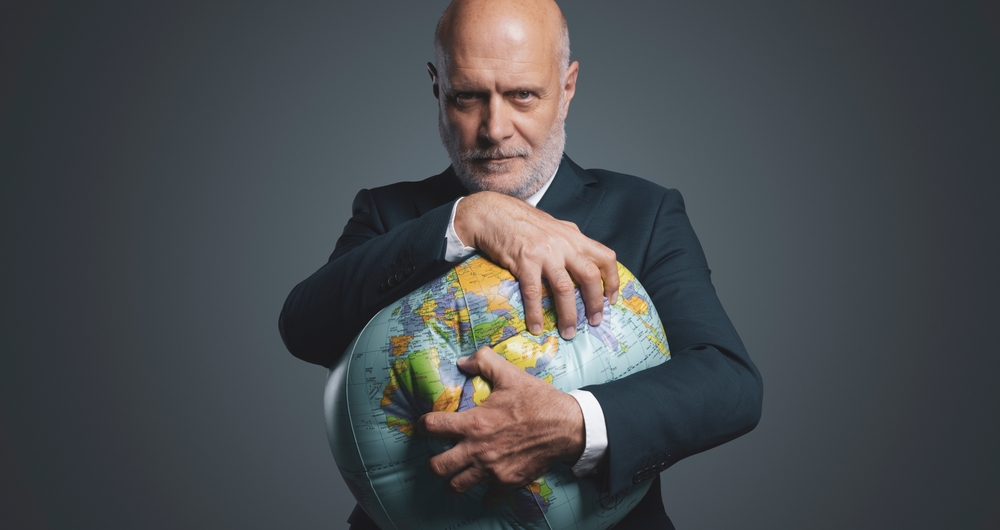
What can we do about it?
We have brought about this situation through our collective behaviour, and we will be able to solve it only with joint attention. The philosopher, A. C. Grayling, has summed up the challenges well. In his book “For the Good of the World”, he writes, “There are, … principally two barriers to a united endeavour by humankind. One is conflict and competition that keeps ‘arms races’ going in economic and technological spheres. The other is ideological differences (political, religious, cultural) which keep people, peoples, and states apart, suspicion and hostility a common feature of the mutual perceptions underwriting the standoffs involved. Neither barrier is insurmountable.”

That may be true. But the challenge is enormous. As a species, we have shown that we are natural learners. Surely now, more urgently than ever before, we should turn our focus away from trying to control nature and towards understanding how to harness the better angels of our nature.


